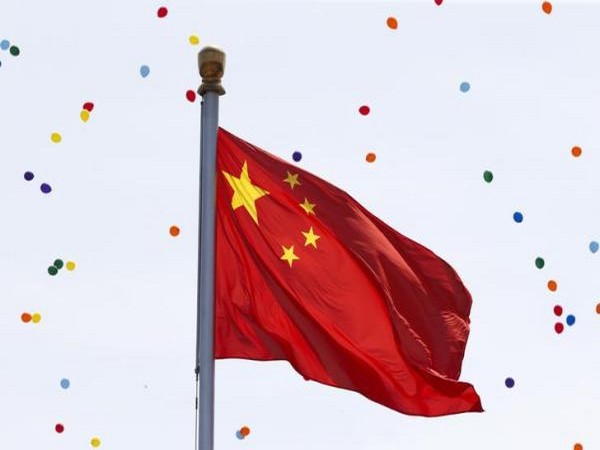BEIJING: China’s Belt and Road Initiative (BRI) has a number of negative impacts on its partner countries. The information comes through analyzing facts from Zambia, Pakistan, Laos, Angola, and Sri Lanka, according to South-South Research Initiative (SSRI) report.
Some BRI initiatives were implemented too quickly without giving enough thought to the long-term benefits. The initiatives frequently rely too heavily on the backing of governments and policies. Additionally, several nations support this, but are hesitant to contribute on their own. They assume that China should cover the majority of the expenses.
According to SSRI, China has mostly focused on interacting with government institutions without giving enough consideration to the worries of corporations, civil society groups, and local residents. This issue was best illustrated by China’s engagement with Zambia, Pakistan, Angola, Laos, and Sri Lanka.
The report goes through the economic, social, and political changes in every country due to the Belt and Road Initiative (BRI), launched by China in 2013.
In Zambia, no strategies have been put in place by the government to benefit from Chinese investments. Zambia instead turns a blind eye to how Chinese investors are destroying the country’s industrial sector.
Simultaneously, Pakistan’s fears have become reality, with many now unable to sustain themselves and compete with the large Chinese fishing vessels. Accordingly, it is clear that China’s BRI project has triggered social unrest in Pakistan and has also led to economic instability, SSRI reported.
Laos is indebted to China, which can thus use its power to influence the policy-making process in Laos.
Inevitably, Angola’s reluctance in providing its own financing avoided investing in real estate due to lack of legislative reforms to create a functional real estate market.
These government measures in these fivee countries have increased the dissatisfaction of the population that cannot benefit from the outcome of the Chinese investments.
According to SSRI, Sri Lanka as a result of the BRI projects is sacrificing a level of autonomy around how to manage these infrastructures. With a significant portion of investment in BRI coming from Chinese public entities, there is a concern about Sri Lanka’s growing debt burden and loss of sovereignty. BRI projects in Sri Lanka show lack of transparency and corruption. There are some environmental impacts as well.
The Singapore Post recently reported that China is trying to expand its soft influence by strengthening its diplomatic and economic ties with 140 partner nations through the Belt and Road Initiative (BRI) push in 2023.
Like in 2022, in 2023 as well China proposes to make efforts to increase the transport capacity of the trains. (ANI)









Comment